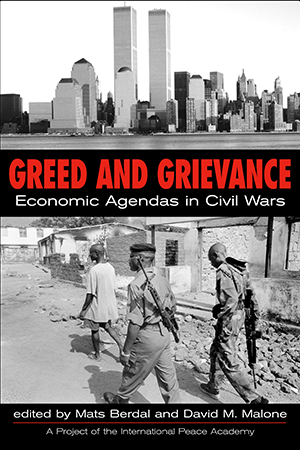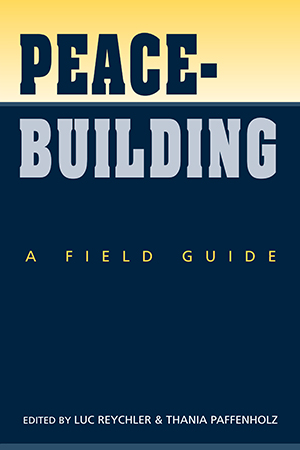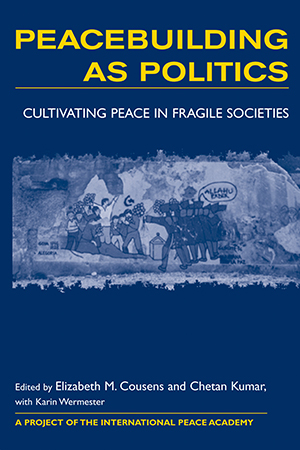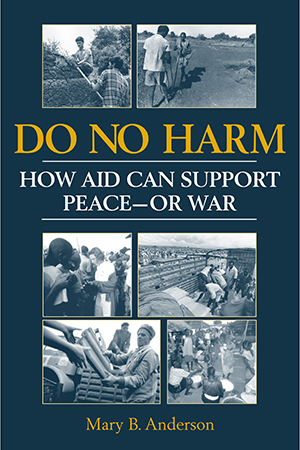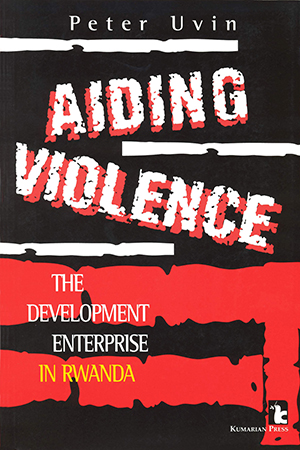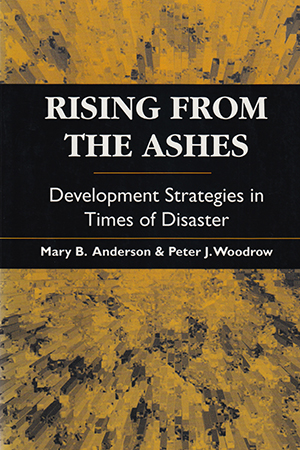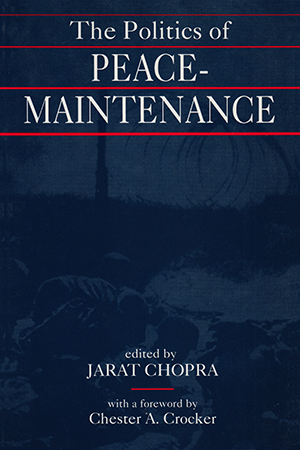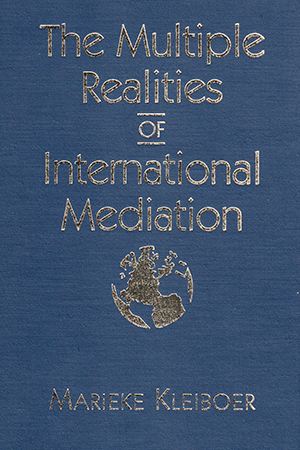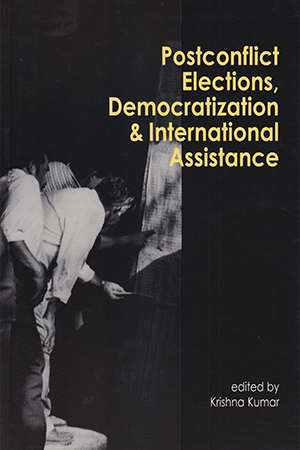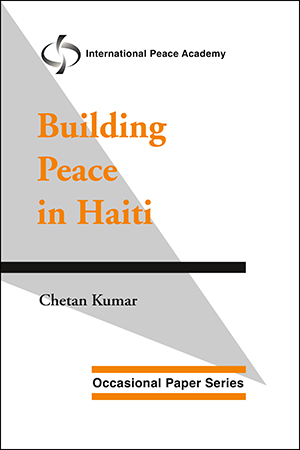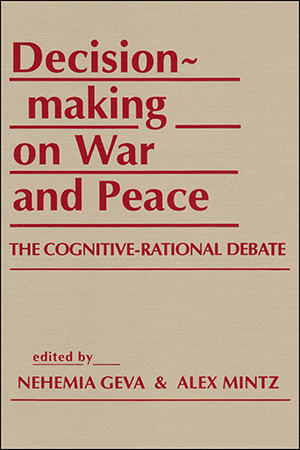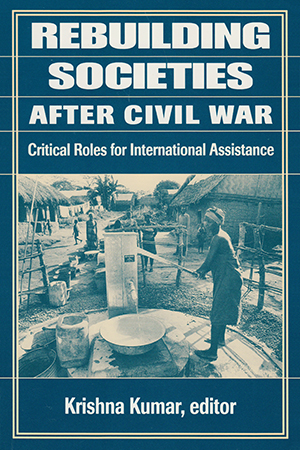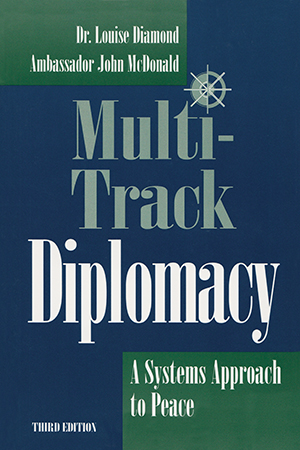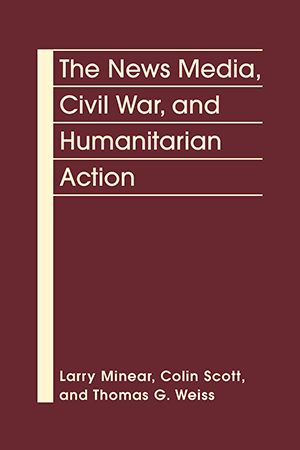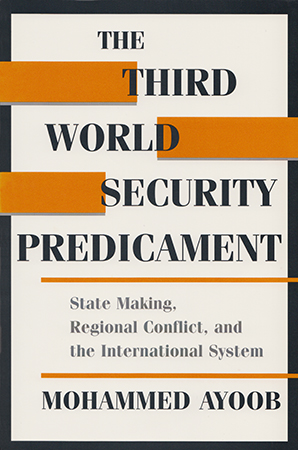Peace & Conflict
Current scholarship on civil wars and transitions from war to peace has made significant progress in understanding the political dimensions of internal conflict, but the economic motivations More >
A milestone in the search for sustainable peace, this handbook highlights the invaluable contributions of people working in the field. The authors clarify how fieldworkers "fit" in More >
Although the idea of postconflict peacebuilding appeared to hold great promise after the end of the Cold War, within a very few years the opportunities for peacebuilding seemed to pale More >
Echoing the words of the Hippocratic Oath, the author of Do No Harm challenges aid agency staff to take responsibility for the ways that their assistance affects conflicts. Anderson cites More >
Winner of the African Studies Association’s Herskovits Award! Aiding Violence expresses outrage at the contradiction of genocide in a country considered at the time by Western aid More >
Drawing on case histories of emergency relief programs that have successfully promoted development, Anderson and Woodrow offer guidelines for fashioning assistance programs designed to More >
The results of more than fifty years of peacekeeping operations—ranging from diplomatic efforts to so-called peace enforcement (the use of military force)—have made it clear that More >
Recent experiences have demonstrated once again the complexities of brokering an end to deep-rooted ethnic and international conflicts, as well as the difficulties of evaluating the outcomes More >
On the Humanitarian Times list of the Top Ten Books of 1998! With the resolution of intrastate conflicts in Africa, Central America, and Southeast Asia, and with new hope for the peaceful More >
Though its national life often has been characterized by violence, Haiti has not been victim of a full-fledged internal conflict, or civil war. Why, then, is the international community More >
Reviewing, comparing, and contrasting major models of foreign policy decisionmaking, contributors to this volume make a substantial contribution to the debate between cognitive and rational More >
With civil wars and internal violence on the rise over the past two decades, bilateral donor agencies, intergovernmental organizations, and NGOs have been playing an increasingly critical More >
Exceptional in its systemic approach to peacemaking and conflict resolution, Multi-Track Diplomacy identifies the actors and activities that contribute to peacemaking and peacebuilding More >
The civil wars that have been prominent features of the first post–Cold War decade have revealed a close and active relationship among the news media, governments, and humanitarian More >
This book explores the multifaceted security problems facing the Third World in the aftermath of the Cold War. Ayoob proposes that the major underlying cause of conflict and insecurity in More >


